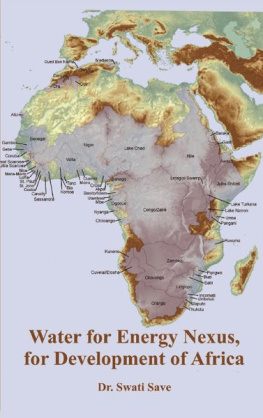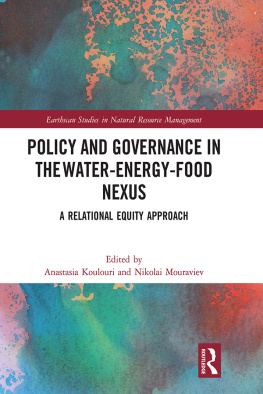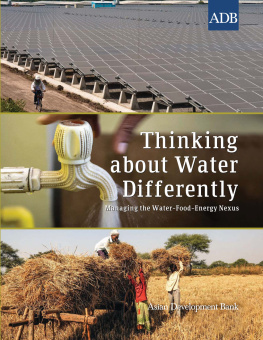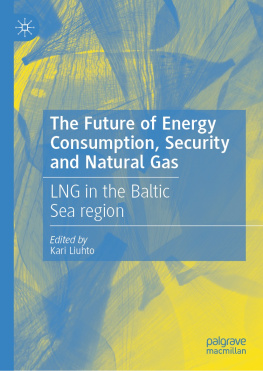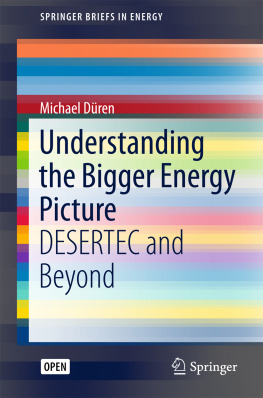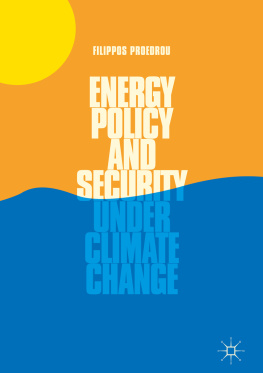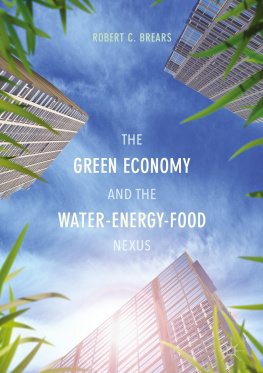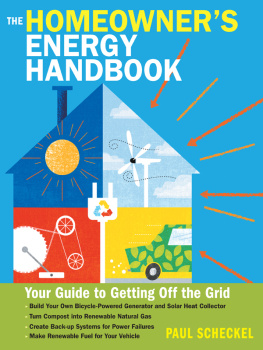Page list

WATER FOR ENERGY NEXUS, FOR DEVELOPMENT OF AFRICA
Water for Energy Nexus, for Development of Africa
Swati

Author
All rights reserved. No part of this book may be reproduce d, stored, adapted, or transmitted in any fo rm or by any means, electronic, mechanical, photocopying, micro-filming, recording or otherwise, or translated in any language, without the prior written permission of the copyright owner and the publisher. The book is sold subject to the condition that it shall no t, by way of trade or othe rwise, be lent, resold, hired out, or otherwise circulated without the prior publishers written consent in any form of binding or cover other than that in which it is published.
The views and opinions expressed in this book are author(s) own and the facts reported by them have been verified to the extent possible, and the publishers are not in any way liable for the same.
ISBN: 978-9351-2818-87
First Published, 2016
published by

Kalpaz Publications
C-30, Satyawati Nagar,
Delhi110052
Ph. : 9212142040
E-mail:
Printed at: G. Print Process, Delhi
1. Citation for the front cover map Product of the Transboundary Freshwater Dispute Database, College of Earth, Ocean, and Atmospheric Sciences, Oregon State University. Additional information about the TFDD can be found at
2. Citation for the back cover map: The citation information: Onyeji, Ijeoma. 2014. Chapter 3 - Harnessing and Integrating Africas Renewable Energy Resources A2 - Jones, Lawrence E. In Renewable Energy Integration, 2738. Bo ston: Academic P ress. http://www.sciencedirect.com/science/article/pii/B978012407910600003X.
3. World Bank, Energy Department map, 2007
Cataloging in Publication DataDK
Courtesy: D.K. Agencies (P) Ltd. <>
Swati, author.
Water for energy nexus, for development of africa/Swati.
pages cm
Includes bibliographical references.
1. Ene rgy securityAfrica. 2. Water securityAfrica. 3. Water-supplyAfrica. 4. Energy policyAfrica. I. Title.
HD9502.A35S78 2016 DDC 333.79096 23
Contents
AU: African Union
ASDC: Southern African Development Community
ECOWAS: Economic Community of West African States
WAPP: West African Power Pool
SAPP: Southern African Power Pool
UNDP: United Nations Development Programme
GEF: Global Environment Facility
SSA: Sub Saharan Africa
DRC: Democratic Republic of Congo
NAMREP: Namibian Renewable Energy Programme
SAWEP: South African Wind Energy Programme
PRSP: Poverty Reduction Strategy Papers
ODA: Official Development Assistance
NEPAD: New Partnership for Africas Development
GDP: Gross Domestic Product
GWP: Global Water Partnership
KTOE: Kilo Tons Oil Equivalent
GWh: Gigawatt Hour
PV: Photovoltaics
KW: Kilowatt
ERASWA: Renewable Energy Association of Swaziland
RENAMO: Resistncia Nacional Moambicana (The Mozambican National Resistance)
ZRA: Zambia Revenue Authority
OKACOM: Okavango River Basin Water Commission
BSAP: Biodiversity Strategy, Action Plan and National Report
CHM: Clearing House Mechanism
UNFCC: United Nations Framework Convention on Climate Change
WAP: W-Arly-Pendjari
NCSA: National Capacity Self-Assessment
COP: Conference of the Parties
LDC: Least Developed Countries
POPs: Persistent Organic Pollutants
NAPA: National Adaptation Programme of Action
LADA: Land Degradation Assessment in Dryland Areas
ASCLME: Agulhas and Somali Current Large Marine Ecosystems
ADRAR: Appuia la formulation du projet de lassociation
BARREM: Barrier Removal to Malawi Renewable Energy Programme
BCLME: Benguela Current Large Marine Ecosystem
CCA: Common Country Assessment
CALLC: Capacity through Local Level Coordination
COGERAT: Joint Management of the Ar and Tnr Reserve
PLECO: Micro-basins in the Departments of Gour and Main-Soroa
SAP: Strategic Action Programme
SWH: Solar Water Heating
ABI: Agulhas Biodiversity Initiative
CBD: Convention of Biological Diversity
Nationalisation of Nature: To render distinctively national or governmental character, scope or notoriety of nature or an ecosystem.
Naturalisation of Nation: The act of investing an alien with the rights and privileges of a native in this case Transboundary rights for river basin or water management.
Water Conflicts: These conflicts with respect to this paper are being less traditional, increasingly being driven by internal, local or trans-boundary pressures, or more subtle issues of poverty and stability.
Internationalised basins: The basins whose management institution was developed under a single jurisdiction, but which was altered or shattered as that jurisdiction suddenly became divided among two or more nations.
Resilience: The capacity of an individual, community or system to adapt in order to sustain an acceptable level of function, structure, and identity and resume original form after going through major changes such as severe droughts, civil wars, or deforestation as in the case of this report.
Water Security: It is the emerging paradigm that recognises the need for sufficient water for economic and social development to sustain and enhance important ecosystem functions.
Energy Security: It refers to a resilient energy system, which includes following parameters for a thriving economy: 1. Reduced dependence on external supplies, 2. Diversity of energy supply, 3. Functional energy markets, 4. Stable Infrastructure for energy generation, transmission, and distribution, and 5. Environmental sustainability.
Transboundary waters: It refers to sources of freshwater that are shared among multiple user groups, with diverse values and different needs associated with water use.
Hydro political vulnerability: It is the risk of political dispute over shared water systems.
This study was performed as an apprenticeship assignment titled Energy for Water with UN Habitat Energy and Transport Section; Water, Sanitation, Infrastructure Branch (WSIB), Human Settlements Financing Division (HSFD) under the supervision of Dr Kitio, Energy Advisor based in UN Habitat Nairobi office. Overall supervision was also provided by Daniel Adom Chief Technical Officer Energy.
The author is grateful for the assistance of numerous who assisted in providing information towards making of this report and its review. Particularly, the author wants to thank those who provided guidance from UNDP, GEF, World Bank and UNIDO.
Author expresses gratitude to Mr Kjorven, Deputy Administrator for UNDP and Vice Chair for UN Energy for generous guidance to receive accurate information on the current state of affairs of UNDP/GEF energy projects in Africa. Author also thanks Ms Monique Barbut, GEF Executive Directors office as well as Dr Khandeh Yumkella, UNIDO Director Generals office for substantive input for this study.
Author expresses deep gratitude and acknowledgement to Dr John Boright, Executive Director, The National Academies for his support and feedback for successfully completing the report.
Author acknowledges Dr Andrew Hudson, Principal Technical Advisor, International Waters and Cluster Leader, Water Governance Programme on Water, UNDP for providing suggestions towards accuracy of the document; Minoru Takada, Manager, Sustainable Energy Programme, UNDP for providing generous guidance in form of exhaustive references of existing work done by the UN agencies in the area of energy, Alastair Morrison, member of UNDP Water Governance Facility/Stockholm International Waters Initiative for proof reading the document and providing generous technical guidance for accuracy of this document, Dr Aaron Wolf, Professor of Geography, the Department of Geosciences, Oregon State University and co-director of University Partnership on Transboundary Waters for providing assistance around relevant documents on Transboundary waters, for proof reading and providing technical advice on the document.

